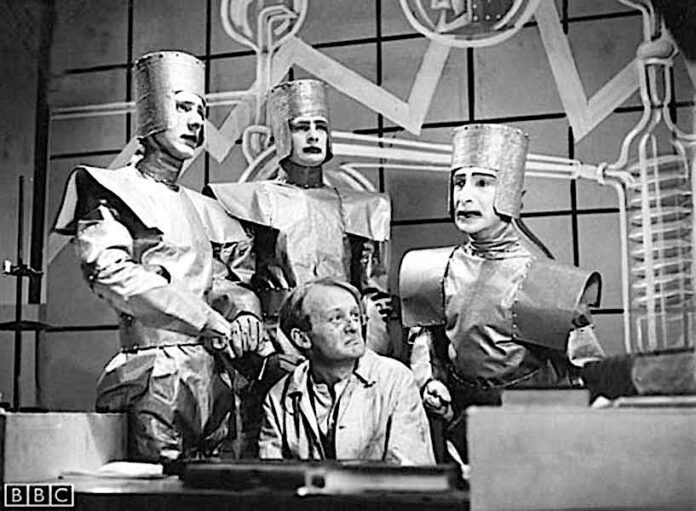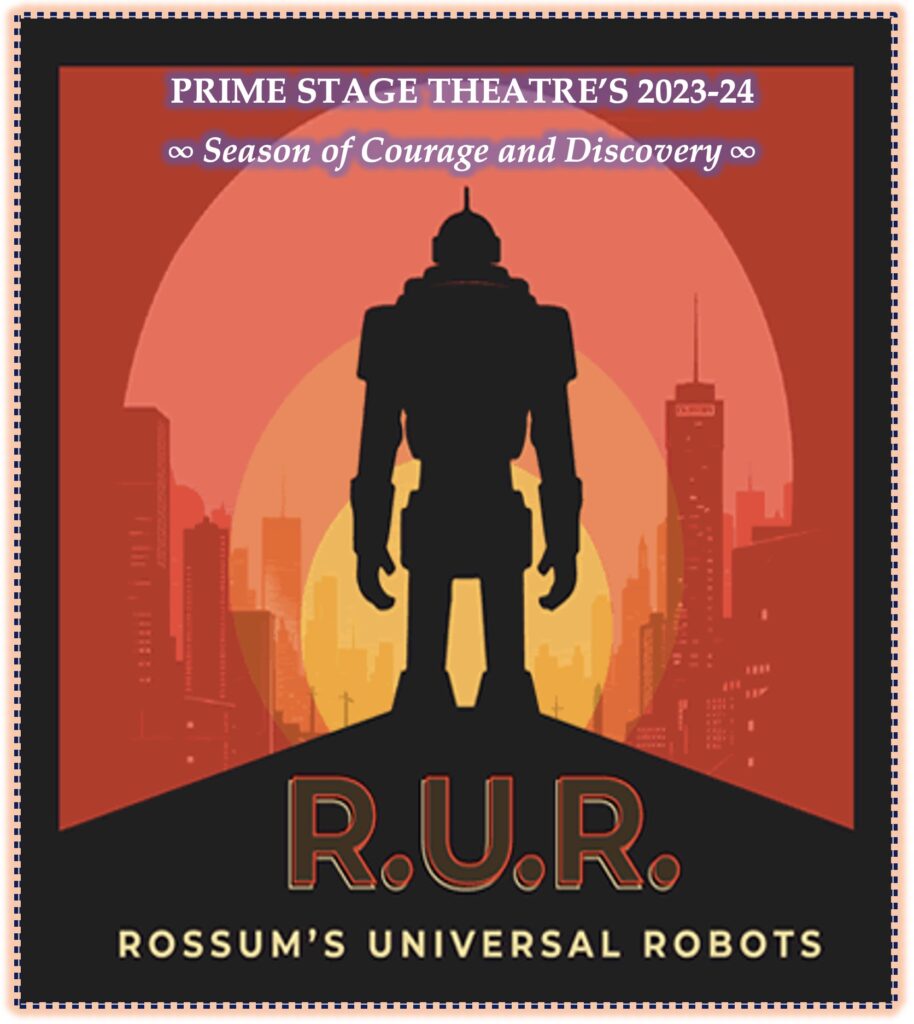“Will robots inherit the earth? Yes, but they will be our children.”
— Marvin Minsky, co-founder of Massachusetts Institute of Technology Computer Science & Artificial Intelligence Laboratory in 1963
_________________
THE WORLD’S ROBOTIC FUTURE first appeared onstage in a small Czech village on Jan. 2, 1921, courtesy of a local drama society mounting a strange new work by an obscure playwright about machines taking over the human race.
Within a year, Karel Čapek’s R.U.R. (Rossum’s Universal Robots) had been translated into 30 languages and produced across Europe and North America, completely transforming popular and scientific ideas of what wonders might evolve in the developing fields of automation and artificial intelligence.
Pittsburgh audiences can relive that singular moment in theatre history this Monday, Nov. 6 when Prime Stage Theatre presents a staged reading of R.U.R. at New Hazlett Theater from 7:30-9:00 p.m. as its Fall Fundraiser.
A post-play discussion will be led by Ryan O’Shea, communications and engagement manager of Pittsburgh Robotics Network, an industry association promoting the 140+ robotics businesses currently based in the Pittsburgh area.
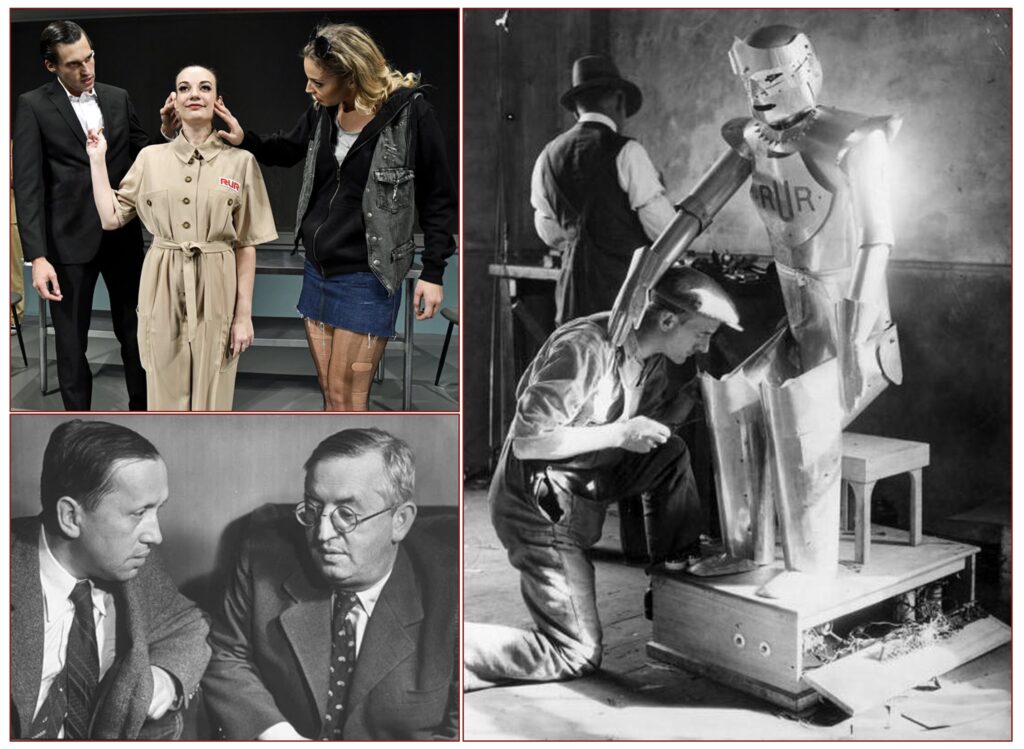
The reading celebrates Prime Stage Theatre’s 2023-24 “Season of Courage and Discovery” that includes The Miracle Worker (Nov. 3-12), Rosa Parks and the Montgomery Bus Boycott (Jan. 19-28, 2024), And Then They Came for Me: Remembering the World of Anne Frank (Mar. 1-10) and Witness for the Prosecution (May 3-12).
“R.U.R. is a very timely play for audiences right now,” says Prime Stage Theatre’s artistic director Wayne Brinda. “Last year we presented Mary Shelley’s Frankenstein, which gave the world its first major vision of human-designed life at the start of the 19th century. At the start of the 20th century, R.U.R. revealed the potential of sentient machines to impact our society in ways that redefine the very concept of what it means to be human.”
* Spoiler Alert: the Nov. 6 reading will use human actors.
They include Michael Barnett, Jill Buda, Linda Haston, Matt Henderson, Matthew Lamb, Kerry McGrath, David Nackman, Doug Peters, Anne Rematt and Nathan Ruggles with stage manager Susan Shirley reading scene settings.
Scott P. Calhoon will direct. “It’s amazing how a show written a hundred years ago can be so relevant today,” he says. “R.U.R. was an incredibly foresighted and imaginative look at the artificial intelligence/extended reality future we’re living in now.”
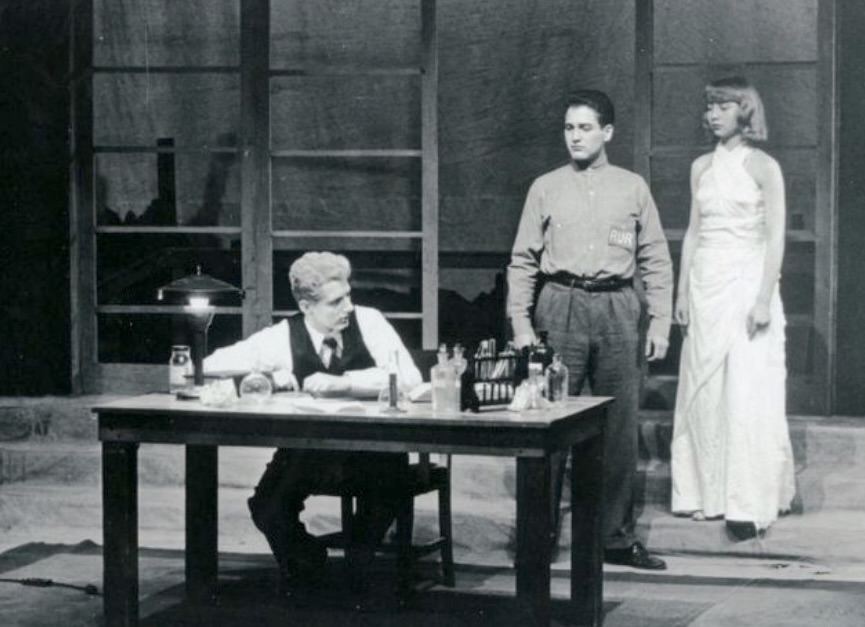
Set in the year 2000, R.U.R. opens in a factory that makes artificial people called roboti (from the Czech word for “forced labor”). The robots are created to be extraordinarily humanlike and supremely intelligent. Eventually, the robots attempt to extinguish the human race.
Yet, R.U.R. is more than a riveting tech-doom tale with intriguing parallels to our present.
It explores the power dynamics of human labor in our increasingly mechanized world. It examines the possibilities (and limits) of human emotion in equitably applying scientific advances to benefit a mere few or the larger society as a whole.
Ultimately, it reveals the human tendency to utilize objects and products to avoid our anxieties and mask our shortcomings.
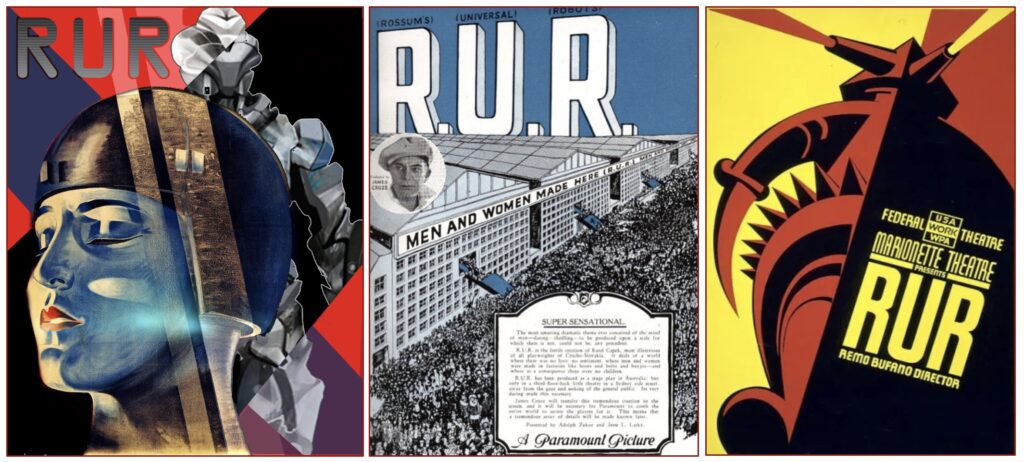
After the success of R.U.R., Čapek wrote another two dozen plays and novels that warned of abusive corporate power, unethical use of technology, the rise of fascism and the coming Second World War. He died in 1938 of pneumonia at age 48.
A year later Nazi agents came to his family house in Prague to deport him to a concentration camp, unaware of his decease several months earlier.
Had he been there, Čapek might have met them with a quote from one of his characters:
“You know, the bigger the things a man believes in, the more fiercely he despises those who don’t. And yet the greatest of all beliefs would be to believe in people.”
___________________
Prime Stage Theatre presents a staged reading of R.U.R. (Rossum’s Universal Robots) by Karel Čapek, directed by Scott P. Calhoon.
Mon. Nov. 6 at 7:30 p.m. at New Hazlett Theater, 7 Allegheny Squarea East, Pittsburgh 15212, Tickets $27, $12 student, available at the door and online.



